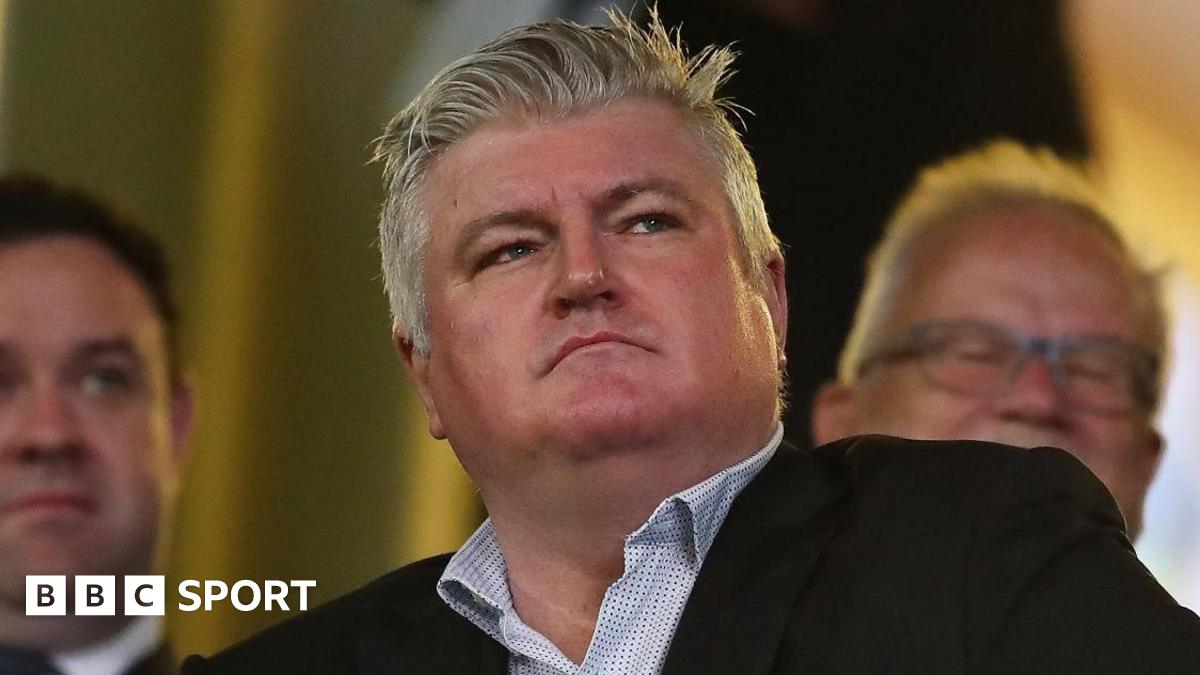ARTICLE AD BOX
In the freezing early hours of 1 December, Anthony Watson woke up in agony.
It was a pain that would not only limit him to an almost pedestrian role for Leicester Tigers against Sale Sharks later that day, but ultimately end his career.
On Friday, and just weeks after he strode downcast off the pitch in that Premiership defeat, the 30-year-old England winger announced his retirement on medical grounds because of a back injury.
"As I walked off against Sale I knew there was a chance that it might have been the last one. I knew I was in so much pain," Watson told BBC Radio Leicester just an hour after news of his retirement was made public.
"I'd taken a lot of pain killer to get to that point in the game and the night before I woke up at 4am because I was in so much pain and needed to take more pain medication to go back to sleep.
"I didn't want to let the team down so played the day after, albeit I barely played because I had no influence on the game."
The cycle of taking medication and injections to dull the effects of the back issue which required surgery earlier in the year left the winger to take the advice of his surgeon to hang up his boots.
Watson, who twice toured with the British and Irish Lions, said he was "not overly upset" that he was told to end his career given the way he was.
"We tried another injection, and that would bring it to eight or nine injections - I'd hate to think how many I've had - and that wasn't as successful as we wanted it to be," Watson said.
"He said 'I don't think this is safe any more to carry on playing', so it was taken out of my hands and I'm quite grateful that it was done that way in a way.
"I know what I'm like and I would probably have pushed it to the nth degree and risked things that shouldn't be risked."
While the back injury is what finally grounded one of English's rugby most electrifying talents, he had endured years of injury hardships.
In the past two years alone a calf injury forced Watson to miss the 2023 World Cup, while he also had to deal with the latest in a succession of Achilles issues.
He was limited to just 23 appearances for Tigers in his two-and-a-half years with the East Midlands club.
But in nine years and 126 games with Bath before that he had solidified himself as one the Premiership's most dazzling and high-profile performers.
And for England, his 23 tries in 56 appearances has seen him described as a "modern great".
"It's hard to say I've dealt with it already, because I haven't," Watson, who started his career at London Irish, said of his retirement.
"But what gives me peace of mind is knowing I did everything I could do. It's the way the cookie crumbles, it's not like I can go back and change what happened.
"You just have to move on - everyone's career ends at some point, you can't play forever. Mine was just a bit shorter than I'd have liked."
He said his retirement was not "a sob story" and would reflect on his time as a player with a smile and look to the future knowing he was physically protecting himself.
"I really enjoyed my career and played a long time," he said.
"I would have taken all the things that I have done in my career and retiring at 30 if you told me this at 19.
"My body will carry a significant amount of deficiencies as a result of playing rugby, but I think stopping now allows me to do the basic things I need to do as a dad, as a husband and as a son."

 3 months ago
21
3 months ago
21








 English (US) ·
English (US) ·